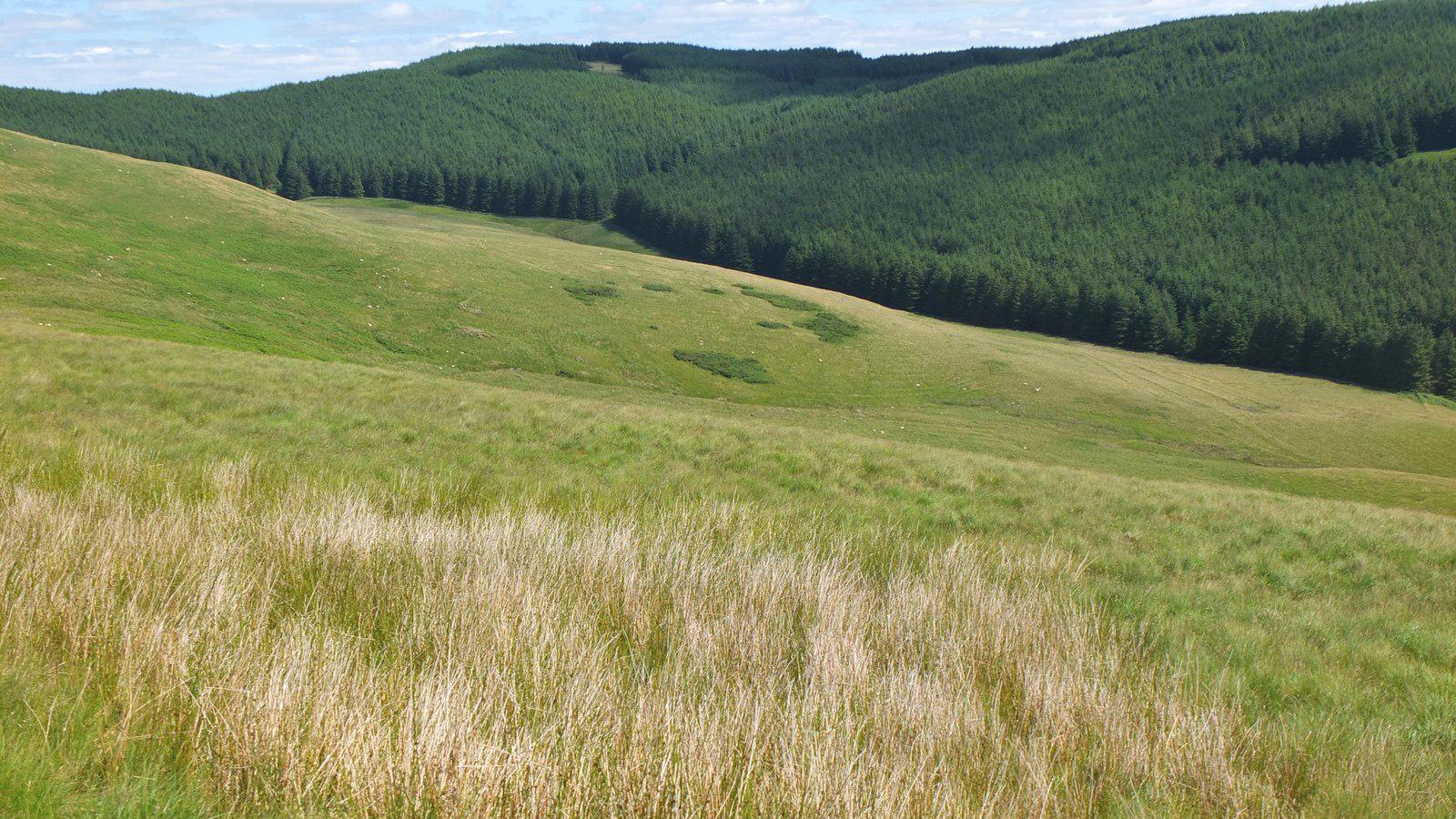Council drops wind farm opposition after nine years

Scottish Borders Council opposed the scheme in 2014
At a glance
Scottish Borders Council has decided not to object to a wind farm it first opposed nine years ago
The project would see 12 turbines built at Cloich Forest near Eddleston
A report said changes to national planning guidance meant the benefits outweighed the negatives of the scheme
- Published
A council has dropped its opposition to a wind farm in southern Scotland after almost a decade.
The local authority in the Scottish Borders originally objected to the scheme in Cloich Forest in 2014.
However, work on the scheme - which was subsequently approved by the Scottish government - has never started.
Revised plans have now been submitted and the council has agreed with planning officer advice not to oppose them this time around.
The planning committee voted by six votes to three not to object.
The proposals near Eddleston have a lengthy planning history.
In 2012, the Ministry of Defence opposed 18-turbine plans amid fears of their impact on its seismic monitoring station at Eskdalemuir.
Two years later Scottish Borders Council decided to object as well due to concerns over landscape impact.

The scheme would see 12 turbines built at Cloich Forest near Eddleston
A public inquiry was held and the Scottish government ruled the project could go ahead in 2016.
One condition of the approval was that work had to start within five years - which was extended to six due to the Covid pandemic - but that has now lapsed.
Fresh plans have been put forward which would see the number of turbines cut to 12.
Concerns remain about the "significant landscape and visual impacts" on the area.
However, a report to councillors highlighted that National Planning Framework 4 (NPF4) reforms - which were approved this year - meant they had to give "significant weight" to a scheme's contribution to meeting renewable energy targets.
It concluded that the benefits outweighed the negatives and advised the local authority should not oppose the project this time around.
Related topics
- Published8 July 2016
